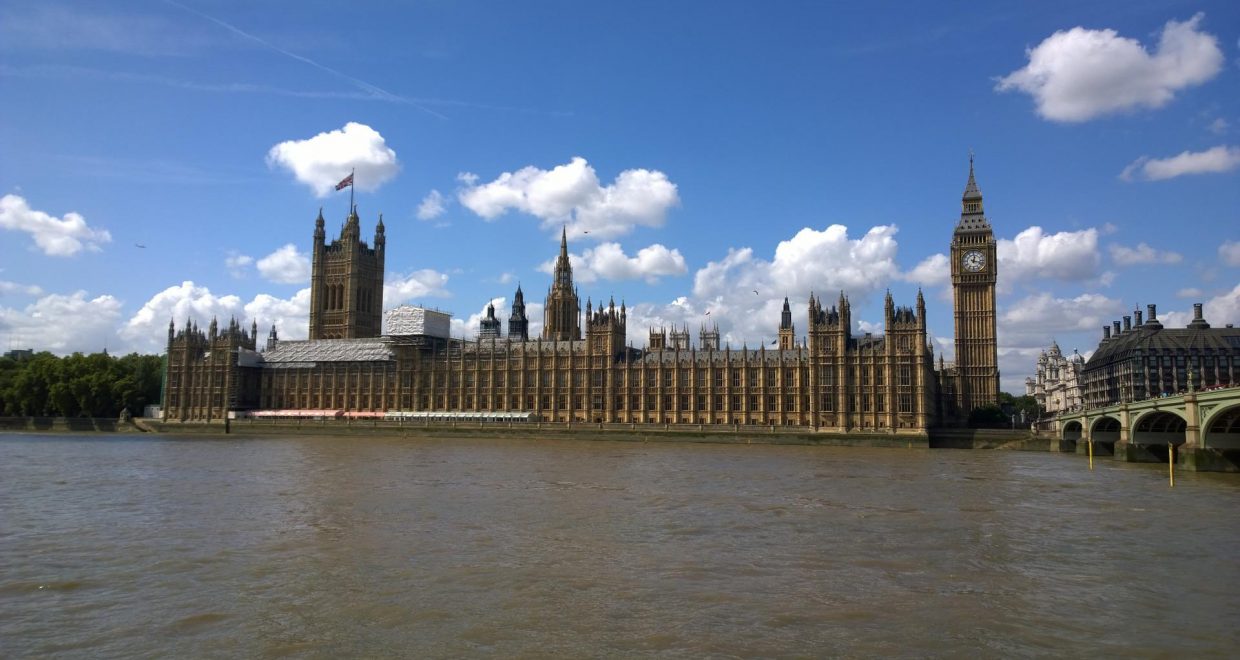Embedding science scrutiny mechanisms in the UK Parliament
At times during the past few years, evidence sessions of the UK’s House of Commons Science and Technology Select Committee have made headline news, for example Dominic Cummings’ account of his time advising the Prime Minister during the COVID-19 pandemic, or controversial witness statements about diversity and inclusion in STEM careers. Sessions such as these have highlighted how the inquiry work undertaken by the Commons STC is seen as integral to Parliament’s ability to scrutinise government science policy and hold policymakers to account. Similarly the COVID-19 pandemic has emphasised how the wide range of briefings published by the Parliamentary Office of Science and Technology (POST) and the Commons Library support MPs’ ability to understand current and future scientific issues.
Yet often during the twentieth century MPs voiced concern about the way institutional structures and services shaped their legislative and scrutiny roles regarding science. Before 1967 there was no dedicated select committee for science and technology, and particularly during the 1980s MPs felt their ability to scrutinise significant changes in science policy was compromised when the dedicated Commons STC was removed, severely restricting the scope for inquiries into scientific issues.
My recent historical research follows the trajectory of institutional change during the past 60 years which has expanded MPs’ ability to scrutinise scientific issues as the Commons STC and POST have become embedded in the UK Parliament. As vital mechanisms which have underpinned MPs’ capacity to access scientific expertise during COVID-19, telling their history contributes to current efforts to understand how research evidence is used in policymaking. It also tells us something about how executive decisions and the efforts of individuals have played their part in influencing institutional change at Westminster.
Early twentieth-century efforts to bolster parliamentary interest and capability in the scrutiny of science policy were formalised with the establishment the all-party Parliamentary & Scientific Committee (P&SC). By the 1960s many P&SC members of all parties were regularly voicing their concerns that the House of Commons lacked the necessary expertise or inclination to adequately cover technical issues. With the backing of Richard Crossman, Leader of the House of Commons, a new permanent Commons Select Committee on Science and Technology was set up in January 1967. However the 1979 reorganisation of the Commons select committee system to mirror government departments saw the disappearance of a Commons STC until its reinstatement in 1992 which reflected the creation of a new government departmental body called the Office of Science and Technology.
This 1980s hiatus in Commons select committee work spurred a small group of P&SC members to keep working on another long-standing P&SC goal, to improve MPs’ access to research evidence and scientific expertise. Their idea was to set up a unit along the lines of the Office of Technology Assessment (OTA) that had served the US Congress since 1972. Lloyd became the torch-bearer for a campaign that resulted in the establishment of POST. The conviction displayed by certain individuals about the value of legislative science advice means that during the pandemic parliamentarians at Westminster have had access to a range of POST briefings explaining the rapidly evolving science about COVID-19. The activities of individual P&SC members contributed to securing the position of the Commons STC and POST within the institution of Parliament, mechanisms that MPs can now rely on when approaching the scrutiny of science in Parliament.
This blogpost was first published on the LSE British Politics and Policy blog. Emmeline Ledgerwood spent three months at POST as a PhD fellow, researching a parliamentary briefing paper on ‘Science Diplomacy’. In her PhD research she interviewed former government scientists about their changing working lives during the late twentieth century. She currently works with the History of Parliament Trust oral history project, using the Trust’s collection of interviews with former MPs to research various aspects of twentieth century parliamentary history.
Read Emmeline Ledgerwood article ‘Armed with the necessary background of knowledge’: embedding science scrutiny mechanisms in the UK Parliament on Cambridge Core now.




